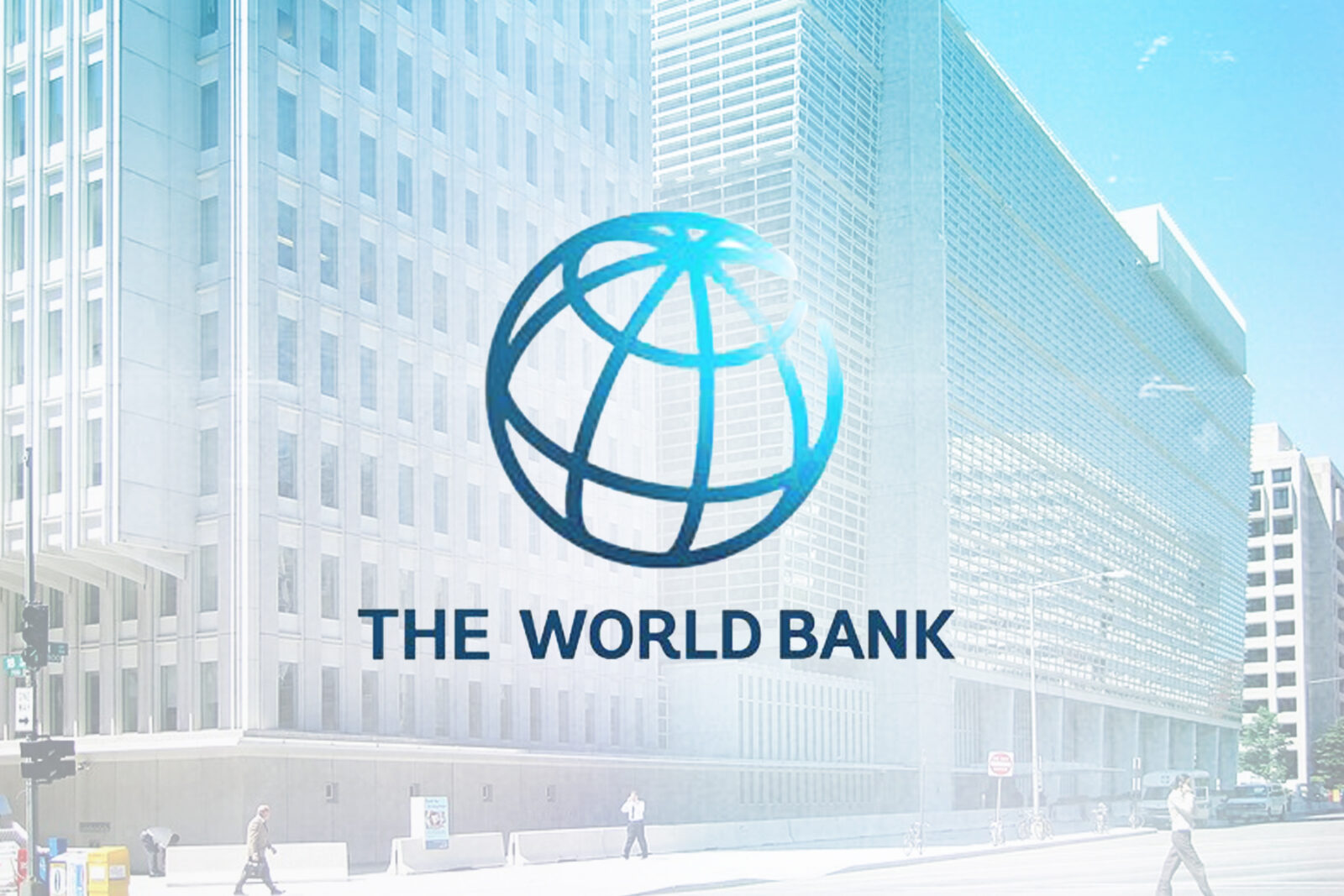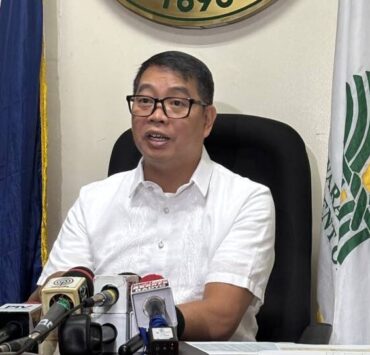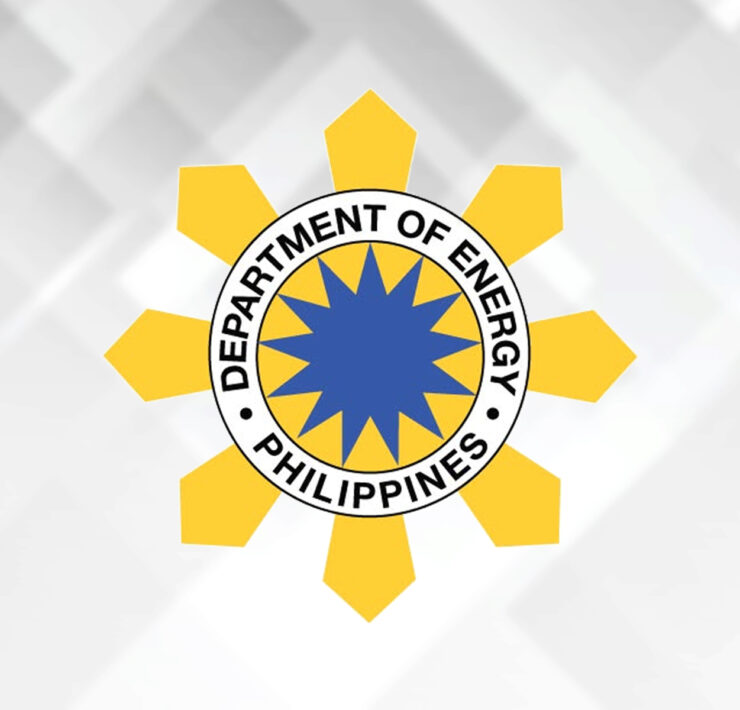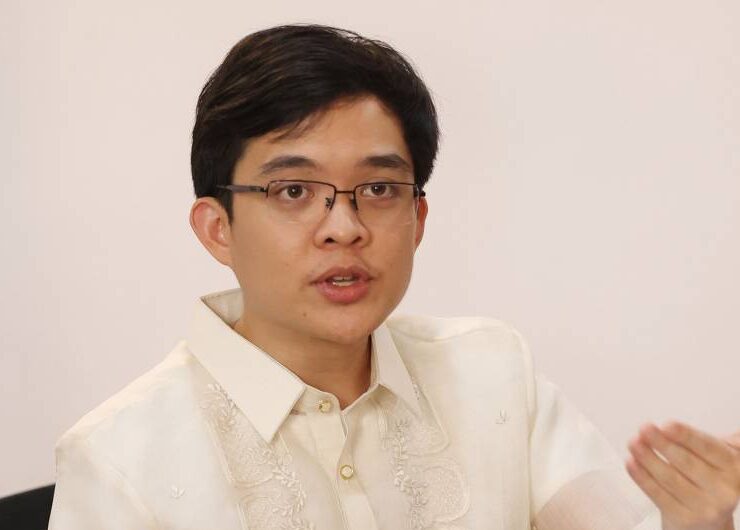PH gets $800M for energy transition

The Philippines’ goal of jacking up clean power generation has gained strong financial support as the World Bank (WB) approved an $800-million loan targeted for energy transition.
The fresh funds will allow the local industry to ramp up the deployment of clean energy technologies, which the WB hopes could lead to a reduction in pollution, a better supply situation and heightened competition in the market.
According to the Washington-based lender, development policy loan could support the activation of 1,000 megawatts of new offshore wind capacity, and the implementation of energy efficiency measures meant to save 5 gigawatt hours per year.
Once these materialize, an executive said Filipinos could see cheaper electricity bills.
“To accelerate energy transition and keep electricity affordable for all Filipinos, the Philippines needs reforms to ensure achieving the government’s renewable energy and energy efficiency targets, improving grid capacity and flexibility, and enhancing competition in electricity markets,” said Feng Liu, World Bank senior energy specialist and task team leader of the operation.
“These reforms can help lower power supply cost and improve the reliability and resilience of the power system, thereby making electricity more affordable and reliable for Filipino households and businesses,” Liu added.
Bigger slice of the pie
The current administration has been enticing the private sector to invest more in renewable projects, as it aims to increase the latter’s share in the power generation mix from 22 percent to 35 percent by 2030.
The green energy auction program, which gives incentives to the winning bidders through fixed rates, is one of the government’s active initiatives.
For this year alone, the Department of Energy is preparing for three green power auctions covering solar, wind, hydropower, geothermal and battery energy storage systems.
On top of the power sector, the new funds could also be tapped to boost the country’s water management system up to the grassroots level.
“These reforms in the water sector are expected to: increase access to safely managed water supply and sanitation services; raise funding and financing for water and sanitation projects; and improve the financial sustainability of local government-run water service providers,” said Maria Fiorella Fabella, World Bank senior water supply and sanitation specialist.





















